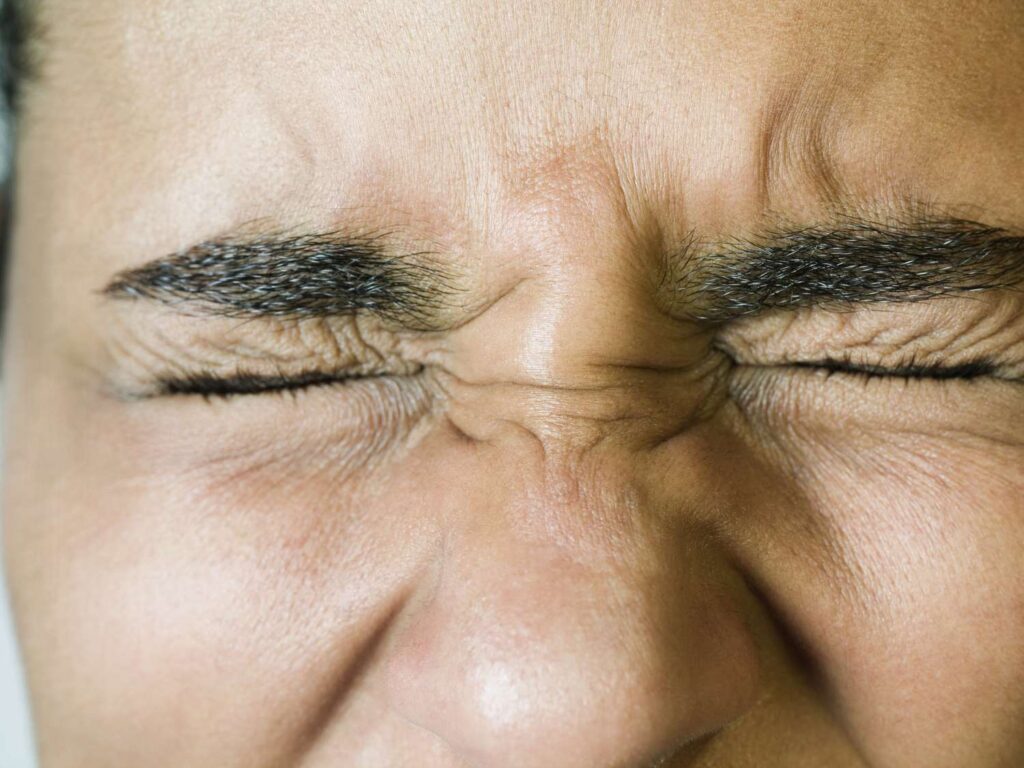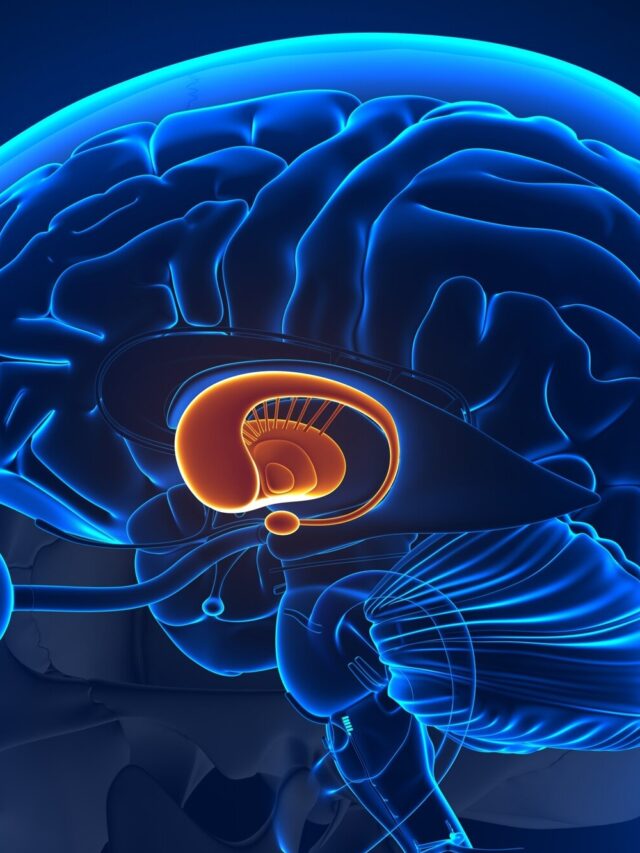Have you ever noticed someone blinking hard, perhaps in a moment of stress or concentration? Blinking is a natural and involuntary action that helps keep our eyes moist and free of debris. But why do people sometimes blink harder than usual? In this article, we delve into the reasons behind this phenomenon and explore the science behind it.

The Physiology of Blinking:
Before we explore why people blink hard, let’s first understand the basics of blinking. Blinking is a reflex action controlled by the nervous system. It serves to spread tears evenly over the surface of the eye, keeping it moist and protecting it from irritants. On average, people blink about 15 to 20 times per minute. However, this rate can vary depending on factors such as environmental conditions, emotions, and activities.
Stress and Blinking:
One of the reasons why people may blink hard is due to stress. When we experience stress or anxiety, our bodies often respond with a fight-or-flight reaction, triggering various physiological changes. This includes an increase in heart rate, shallow breathing, and tense muscles. Stress can also affect our eyes, causing them to become dry and irritated. As a result, people may blink harder than usual in an attempt to lubricate their eyes and alleviate discomfort.
Concentration and Blinking:
Another common reason for hard blinking is concentration. When we are deeply focused on a task, such as reading, working on a computer, or driving, we tend to blink less frequently. This reduced blinking rate can lead to dry eyes and a buildup of tension. In response, people may blink harder to compensate for the lack of moisture and relieve strain. Additionally, intense concentration can cause fatigue in the eye muscles, prompting harder blinks as a reflexive response.
Eye Strain and Blinking:
Extended periods of screen time, whether it’s from staring at a computer, smartphone, or television, can strain the eyes and contribute to hard blinking. This phenomenon, known as computer vision syndrome or digital eye strain, is characterized by symptoms such as dry eyes, blurred vision, and headaches. To alleviate discomfort, people may unconsciously blink harder or more frequently while using digital devices. Taking regular breaks and practicing the 20-20-20 rule (looking away from the screen every 20 minutes and focusing on an object 20 feet away for 20 seconds) can help reduce eye strain and minimize the need for hard blinking.
Environmental Factors and Blinking:
Environmental factors such as air quality, humidity levels, and allergens can also influence blinking patterns. In dry or dusty environments, the eyes may become irritated, prompting harder blinking to flush out particles and maintain moisture. Similarly, exposure to allergens like pollen or pet dander can trigger allergic reactions, causing itching, redness, and excessive blinking. In these situations, blinking hard may provide temporary relief from discomfort and help protect the eyes from further irritation.
Psychological Factors and Blinking:
Beyond physiological reasons, there are psychological factors that can contribute to hard blinking. For some individuals, blinking hard may serve as a coping mechanism for managing stress or anxiety. It can provide a momentary distraction from intrusive thoughts or overwhelming emotions. Additionally, certain neurological conditions such as Tourette syndrome or tic disorders may manifest as repetitive blinking or eye movements. In these cases, hard blinking may be involuntary and beyond conscious control.
Conclusion:
In conclusion, people may blink hard for various reasons, including stress, concentration, eye strain, environmental factors, and psychological factors. Understanding the underlying causes of hard blinking can help individuals identify triggers and take steps to alleviate discomfort. Practicing relaxation techniques, maintaining good eye hygiene, and seeking professional advice when needed can all contribute to healthier blinking habits. Ultimately, listening to our bodies and giving our eyes the care and attention they deserve is key to maintaining optimal eye health and overall well-being.










